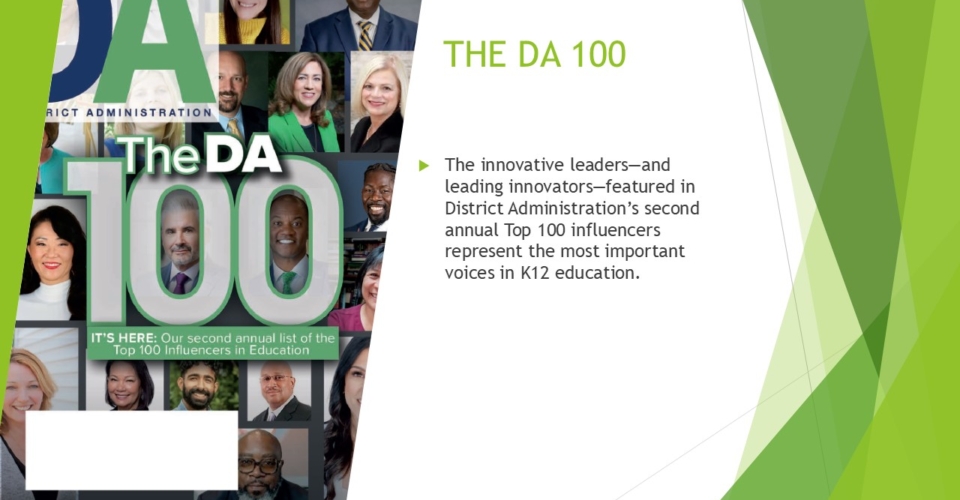Student mental health will continue to suffer if schools don’t have the resources to intervene before kids are in crisis, a new report warns.
Too many students are reaching Tier 3 crisis levels, which require intensive, individualized support, when they would benefit from treatment at earlier stages, according to a survey of 500 school counselors by Catapult Learning, a provider of academic, behavioral and mental health interventions.
Nearly all the counselors surveyed (94%) said schools cannot reverse worsening mental health with Tier 3 interventions alone. Most of those counselors (90%) also reported that their own well-being is impacted by students’ emotional difficulties.
More from DA: Don’t worry, most funding won’t vanish with education department
Counselors indicated they are working longer hours and losing sleep, with two-thirds expressing increased concern about their ability to care for students.
“These findings spotlight the systemic challenges school counselors face, including limited time for student mental health support and personal burnout,” said Erica Fener Sitkoff, Catapult Learning’s chief clinical officer. “By providing targeted support before students reach a level of crisis, we can foster resilience, improve academic outcomes and reduce the long-term negative impact on students and families.”
A solution lies in proactive Tier 2 interventions such as targeted counseling, skills-based training and stress management programs that teach students to monitor and manage their mental health. But nearly two-thirds of the counselors surveyed said they lack the time and resources to provide these interventions.
Counselors also want tools to identify at-risk students and measure the impact of interventions.
More safety and wellness coverage
Behavioral threat assessment: Better strategies for schools
When students misbehave, responding with support leads to more effective behavioral threat assessment and management as school leaders work to prevent violence, according to a new analysis.
Podcast: Why supporting teacher mental health is enormous for classrooms
“We oftentimes don’t think much about training with adults on social-emotional development, but we’re not done growing,” said Karen G. Foley, president and CEO of JPA Chicago.



